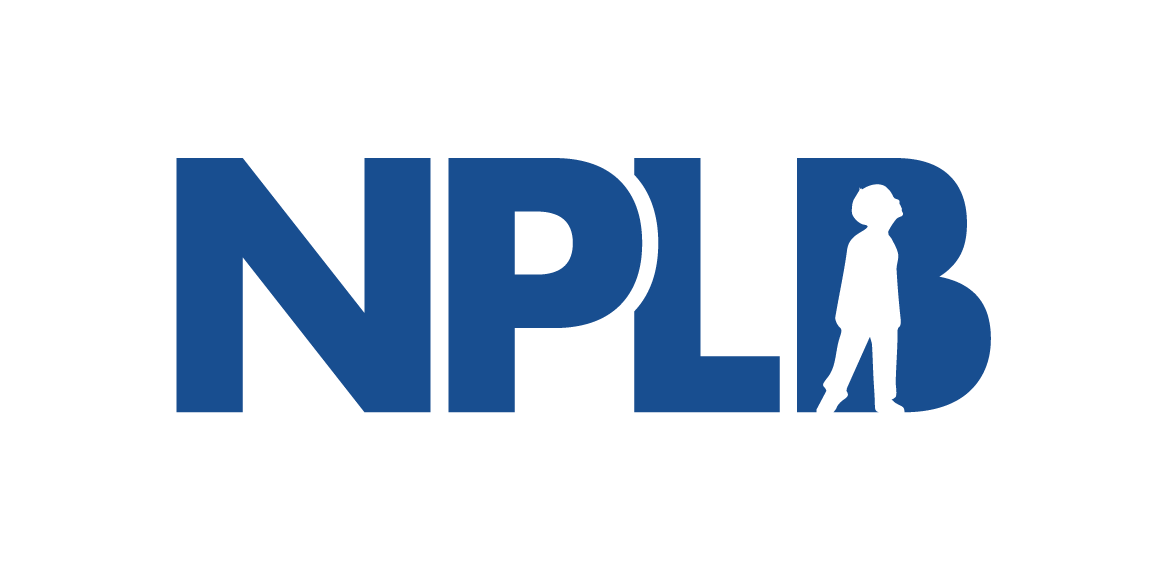One Thousand Investors, Researchers, Patients, & Innovators Sign Letter Urging Critical Fixes to Senate Rx Bill
Bill falls short of meaningfully lowering Medicare beneficiary out-of-pocket costs & will defund R&D investment in small molecule pills for diseases of aging
JULY 25, 2022 - WASHINGTON, DC
No Patient Left Behind (NPLB), a non-profit organization dedicated to eliminating patients’ out-of-pocket costs and ensuring that drugs go generic without undue delay, today released a coalition letter signed by more than 1000 investors, researchers, patients, and development stage biopharma companies urging fixes to the Senate Reconciliation Drug bill. The letter urges policymakers to fix the legislation:
Improve the Part D redesign so that it lowers the new catastrophic cap to $100 per month and provide more seniors with relief by eliminating the annual $480 deductible.
The $2000 Part D cap helps fewer than 1% of non-LIS Medicare beneficiaries
The revised bill drops the proposed $35 insulin copay cap
Require health insurers and PBMs to pass government prices directly to patients at the pharmacy.
The bill repeals the Medicare rule requiring health plans and PBMs pass negotiated Rx savings directly to sick beneficiaries at the pharmacy counter
Empower Medicare to get deeper discounts from ALL drugs only after 13 years on the market.
The current bill skews R&D investment away from small molecule pills toward large molecule Part B injectables that are not covered by the bill’s new catastrophic copay cap.
“Policymakers think this bill is taking a bite out of ‘big pharma,’ but in reality, it will hit hardest the entrepreneurial development stage companies that drive U.S. therapeutic innovation.” said NPLB Executive Director Peter Rubin.
Rubin continued, “The Senate drug bill is missing a huge opportunity to help the majority of beneficiaries with a lower catastrophic cap and deductible relief. The bill saves nearly $300B from Medicare but uses only a fraction of those savings to lower out-of-pocket costs for a small percentage of beneficiaries.”
High out-of-pocket costs that insurers charge seniors are a serious problem for most Medicare beneficiaries. Twelve of the 16 national Medicare Part D plans in 2022 charge beneficiaries 40-50% coinsurance for brand name medicines – even after plans approve the treatment as medically necessary (KFF).
Rubin also cited a new analysis of the bill by leading biopharma investors. The analysis finds the bill’s imposition of price caps on small molecules after just 9 years and 13 years for large molecules will dry up investment in small molecule drugs to treat disease of aging. The report emphasizes that: “9 years is too short a time post approval to generate a positive return. Small molecules are not cheaper to develop than large ones. They are not less risky. The calculus for funding their development is essentially the same as for biologics.” The new report lists small molecule companies in each state that likely will be negatively impacted by the current legislation.
About NPLB
NPLB is dedicated to ensuring patient affordability and continued innovation by arming stakeholders with research, information, and educational tools to fight for lower out-of-pocket costs and ensure brand name drugs go generic without undue delay. If a doctor prescribes a therapy and the insurer authorizes it, the copay should be affordable to the patient.
